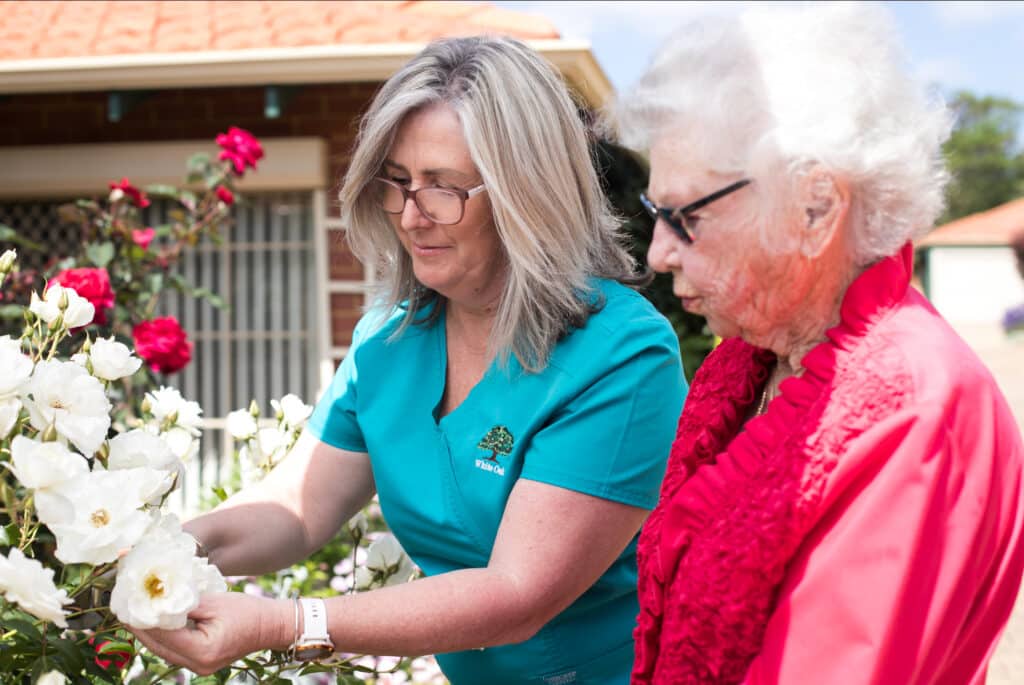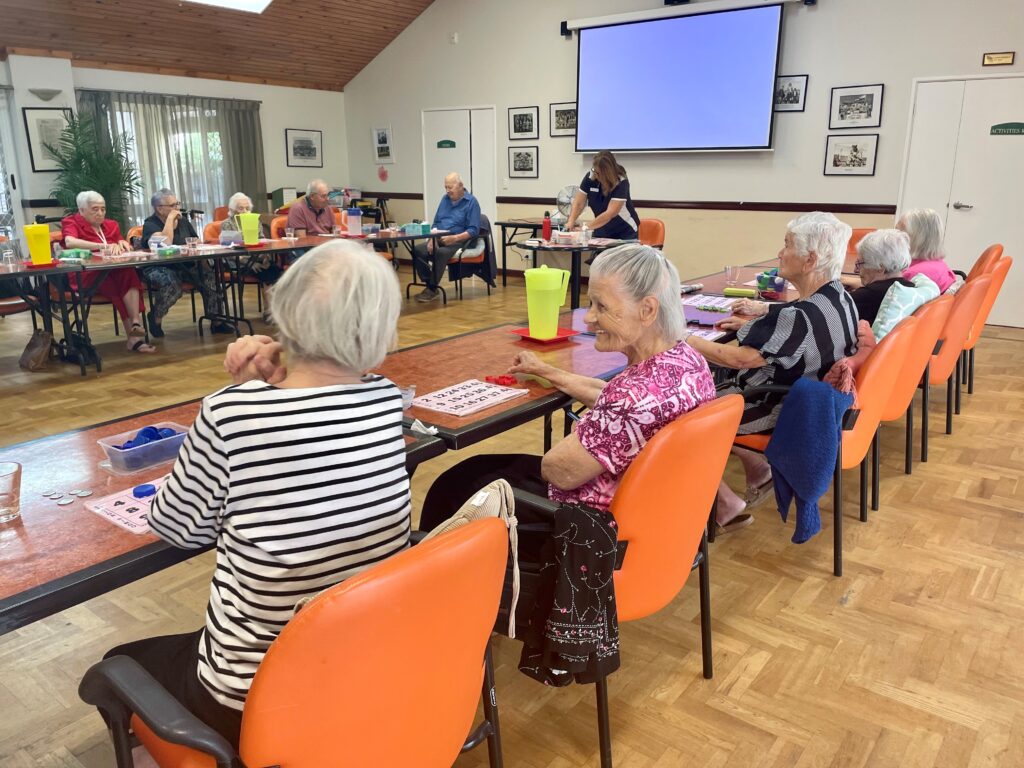Discover some of the warning signs of anxiety and depression amongst seniors to help support, empower, and assist your elderly loved ones.
Recognising Warning Signs of Depression and Anxiety in Seniors: Supporting Their Mental Health
For all of our loved ones, paying attention to and supporting their mental health and wellbeing is critically important. As our loved ones age, recognising the warning signs of depression, anxiety and similar mental health struggles is often increasingly time-sensitive and essential.
Unfortunately, the reality is that mental health issues amongst the elderly often go unnoticed, or in other instances are attributed to the normal process of ageing.
In this article, we’ll outline some of the warning signs of anxiety and depression amongst seniors and help you, as family members, loved ones and support people, feel empowered to show them the love and assistance they may need.
Mental Health for the Elderly
Depression and anxiety amongst the youth and teenagers dominate the media coverage on mental health. Of course, as important as awareness of that demographic is, it’s pertinent to understand that mental health can affect anyone, regardless of age, and that it is a real, serious medical condition.
No two cases of depression and/or anxiety are exactly the same, especially among seniors. Lifestyle choices, therapy, medication or a combination of some or all of the three can help those suffering from mental health problems.
Recognising the Warning Signs of Depression and Anxiety
Being able to recognise the warning signs of mental health problems amongst the elderly is immensely important. Apart from the fact that it’s an essential first step in providing support or arranging professional assistance to help your loved ones, it’s also quite challenging.
Some seniors may not be able and some may not be willing to share their struggles with mental health. Many individuals of the older generations did not grow up with the same awareness and understanding of mental health problems, so they may not even know how to identify their struggles.
That’s where your role as family members and loved ones comes in. If you are able to identify warning signs of depression or anxiety, it will enable you to seek support and provide support as soon as possible for as effective and sustainable help as possible.
Remember: Mental health problems always manifest in different ways for different people. Just because your loved one may show some, all or none of the signs does not necessarily indicate that they are or aren’t suffering from depression/anxiety.
The following guide is just to help you understand the general signs of depression and anxiety. We always recommend seeking professional help.
Warning Signs of Depression
The most common signs of depression amongst seniors includes:
- Persistent sadness
- Loss of interest in activities
- Changes in appetite
- Changes in sleep patterns
- Social withdrawal
- Unexplained physical symptoms
Warning Signs of Anxiety
The most common signs of anxiety amongst the elderly includes:
- Excessive worry
- Excessive fear
- Restlessness
- Difficult concentrating
- Irritability
- Physical symptoms such as rapid heartbeats or shortness of breath
How to Recognise Warning Signs of Depression and Anxiety in Seniors
1. Watch for behavioural changes
Paying attention to your loved one’s behaviour will help you observe and then notice significant changes. They might all of a sudden begin to show signs of increased agitation. They may experience mood swings or express increasingly potent feelings of hopelessness, fear or sadness. Sometimes, seniors can begin expressing a greater desire for immediate attention or support without a clear explanation why. In some, more severe cases, there can even be thoughts or actions of self-harm.
2. Encourage open communication
Open communication is the key. Encouraging your elderly loved ones to talk openly and honestly in a safe, loving and non-judgement space is easier said than done but it is important. Your loved ones should feel empowered and enabled to express their feelings and concerns. In a best case scenario, they will be the one to initiate conversations about mental health, and you’ll be there to actively listen and provide emotional support when the time comes.
3. Seek professional help
As mentioned above, seeking professional help is essential. There are many mental health services, resources and providers in Perth, Australia, and beyond. Whether you’re looking for a psychologist, therapist or counsellor, make sure they specialise and have experience working in geriatric mental health. Remember, it can take some time and gentle persuasion to get elderly loved ones to agree to connect with the appropriate professionals.
4. Promote Health Lifestyle
It is only becoming more and more apparent that a healthy lifestyle has a huge impact on one’s mental wellbeing. This applies to people of all ages, but when it comes to the elderly, keeping up with regular physical activity and exercise, maintaining a balanced diet, engaging in social events and participating in activities can become harder and more a struggle. Providing the support and encouragement will help keep your loved ones mentally and physically healthy and help to bring some enjoyment and purpose to their lives.
5. Use in-home care services
In-home care services for the elderly are about a lot more than just house chores and assistance with showering, bathing and medications–not that those activities aren’t incredibly valuable. Service providers also support seniors’ mental health by providing companionship during daily activities, facilitating social interactions or physical exercise, and providing support with day-to-day life. Additionally, having professional in-home care providers can help observe changes in mood or behaviour and alert family members of any concerns or warning signs of depression, anxiety and other mental health problems.
We’re here to help
It can be overwhelming and confronting to help care for elderly loved ones, let alone ensure you are providing support for their mental health and wellbeing.
Fortunately, the team right here at White Oak is able to help. We are passionate about supporting seniors to live with dignity, independence and comfort in their own homes, and our service providers are trained professionals to ensure exactly that.






